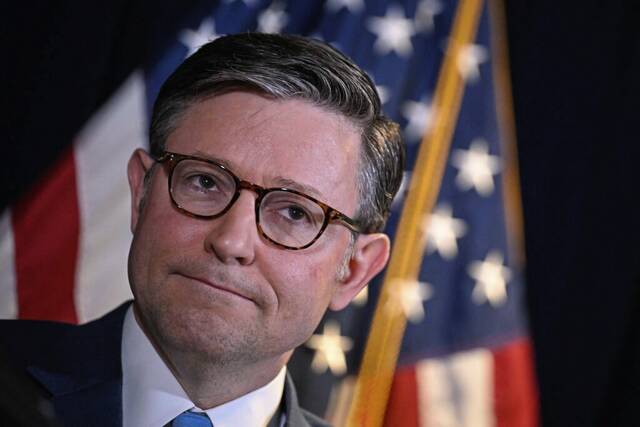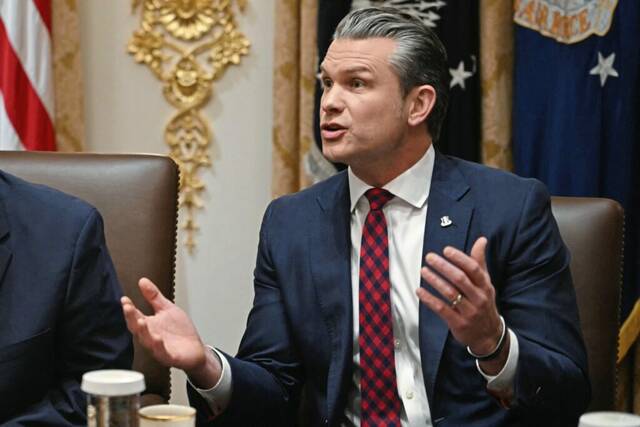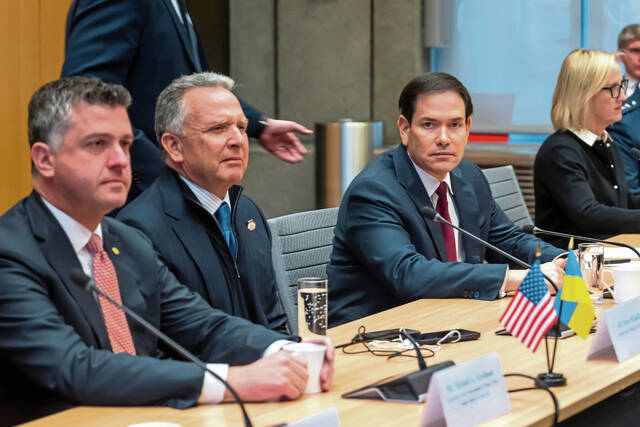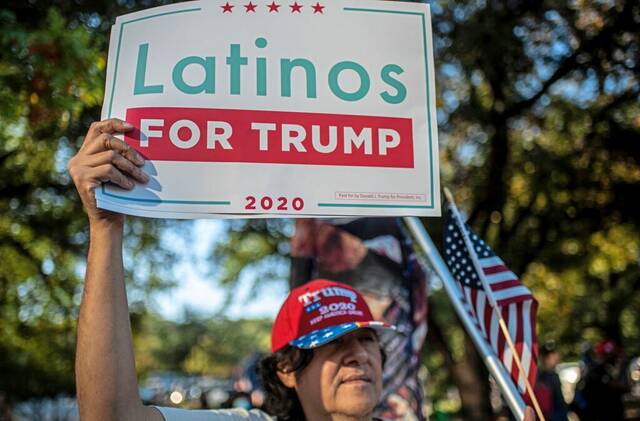Alas, the coronation of Kamala Harris as the Democratic nominee is complete.
Democrats are surprisingly ecstatic with the decision, and Republicans, or at least the Trump campaign, are very cross about it, complaining that democracy has been subverted. This is something of a reversal, given that Republicans argued Biden was too infirm to be president, and Democrats, prior to last month’s disastrous debate, contended he was the only candidate to beat Trump. Democrats then, and Republicans now, claim ignoring the will of primary voters is an affront to democracy.
But let’s put the partisan spinning aside and ask a very basic question: What’s wrong with a party ignoring, or even abolishing, primaries?
Most defenses of the primary election process fall into three broad categories: the lazy, the idealistic and the practical.
The lazy answers boil down to the idea that primaries are the way we’ve always chosen the parties’ nominees. I’ve been amazed by how many people responded to the idea of the Democratic convention choosing Biden’s replacement by saying, “We’ve never done this before.” The truth is that brokered conventions were how we always did it until 1972, when the primary system was adopted. Until then, political scientists regarded democracy as the stuff that happens between political parties, not within them.
The idealistic defense of the primaries is basically that we are a democracy, so the parties must be democratic. Taken seriously, this would mean we weren’t a democracy until the 1970s. It would also mean that nearly all the countries we call democracies aren’t, because the vast majority don’t rely on primaries the way we do to select party nominees.
When I argue the parties should be less democratic, people often look at me as if I have hooves. “Don’t you like democracy?” they demand. “Isn’t democracy a good thing?” My answer to these questions is an emphatic “Yes, but …”
Lots of institutions that are essential to democracy are not internally democratic. The free press is indispensable to democracy, but no newspaper, network or magazine puts editorial decisions up for a vote of the whole staff. The whole point of having editors is to impose sound judgment on an often chaotic process.
The third, practical defense of primaries is rooted in their history as a uniquely American invention. Primaries first were deployed in the Progressive Era as a way to counter the corrupt dysfunction of party machines. But they were conceived as one tool among many. Until 1972, the year Biden first was elected to the U.S. Senate, nobody thought primaries should be the only means of picking candidates.
I have yet to meet an informed Democratic insider who thinks Harris is the best candidate to run against Donald Trump. She might be the best possible candidate given the calendar, campaign finance rules and political considerations, but that’s a different argument. Given that Biden and Harris are the most unpopular president and vice president in the history of modern polling, party elders might have chosen to deny both of them the nominations if they could have.
Indeed, for all the claims that Biden’s political defenestration was the work of party elites overruling voters, the truth is voters had been telling pollsters they didn’t think Biden should run again for years. In a sense, the party will be more responsive to the will of voters by ignoring Biden’s primary victories.
Beyond the minimal legal, constitutional, patriotic and moral constraints all parties are supposed to respect, they really have one job: winning general elections.
Given that Democrats believe — with good reason — the Republican nominee does not care about any of those constraints, their only concern should be defeating him. If democracy for the whole country is on the ballot, nominating a winning candidate should be the party’s overriding goal.








